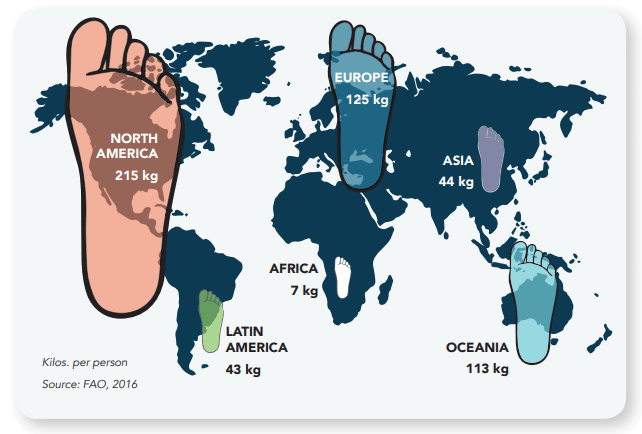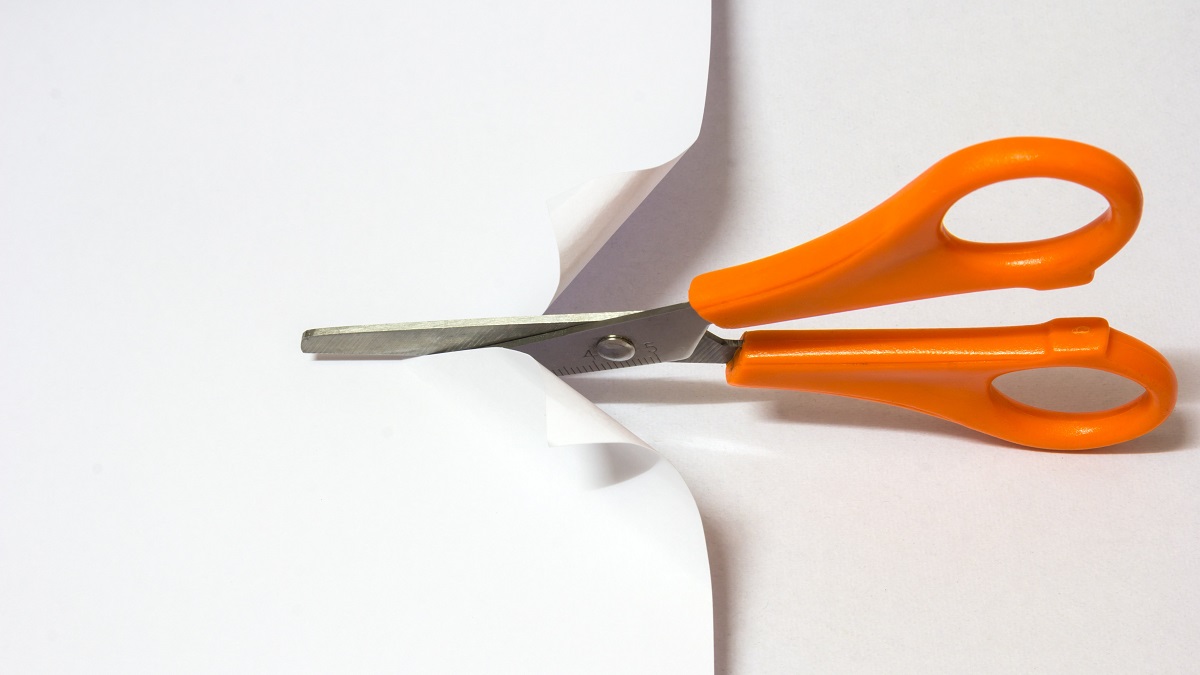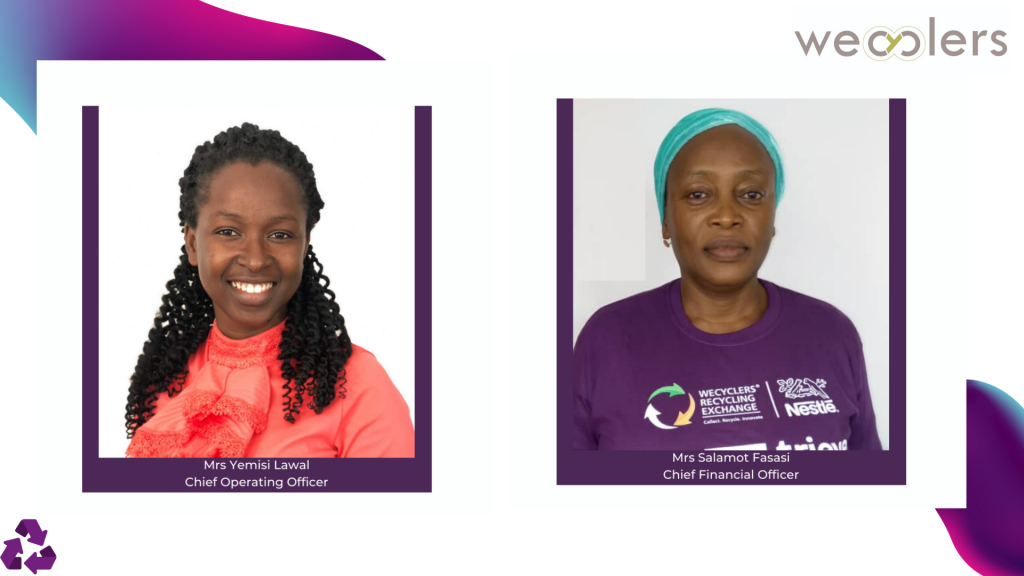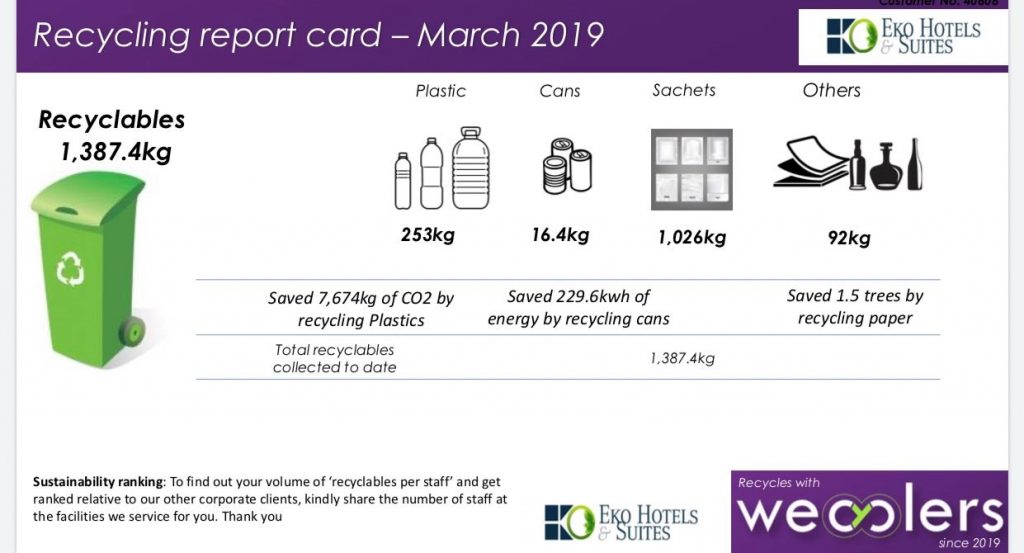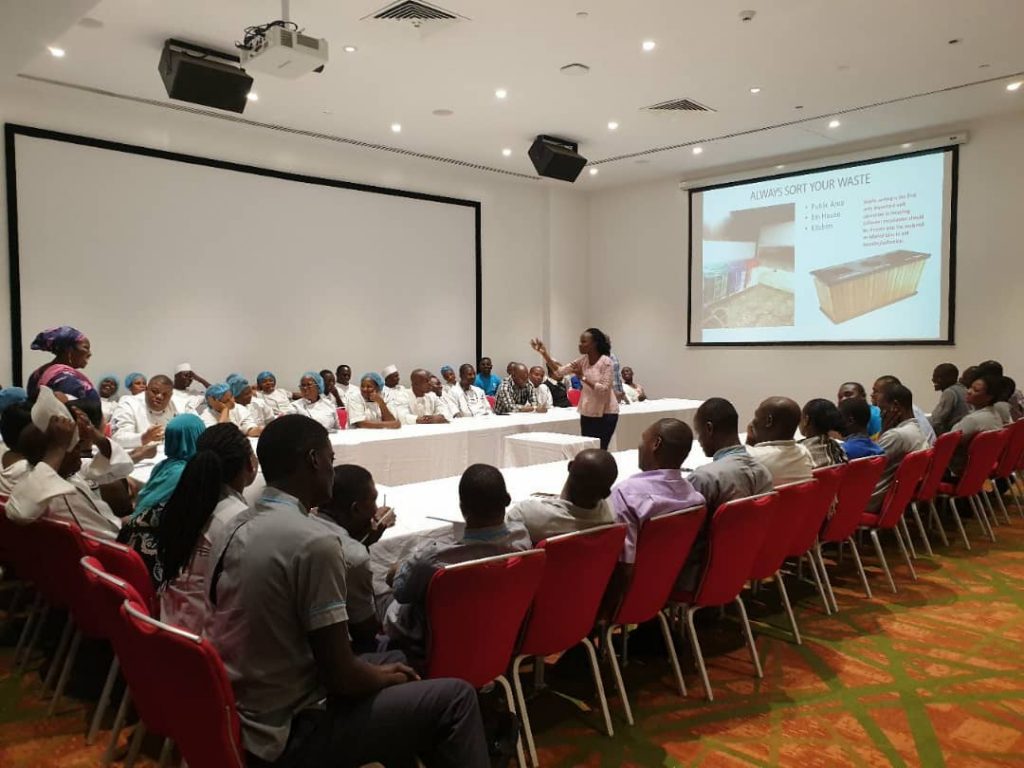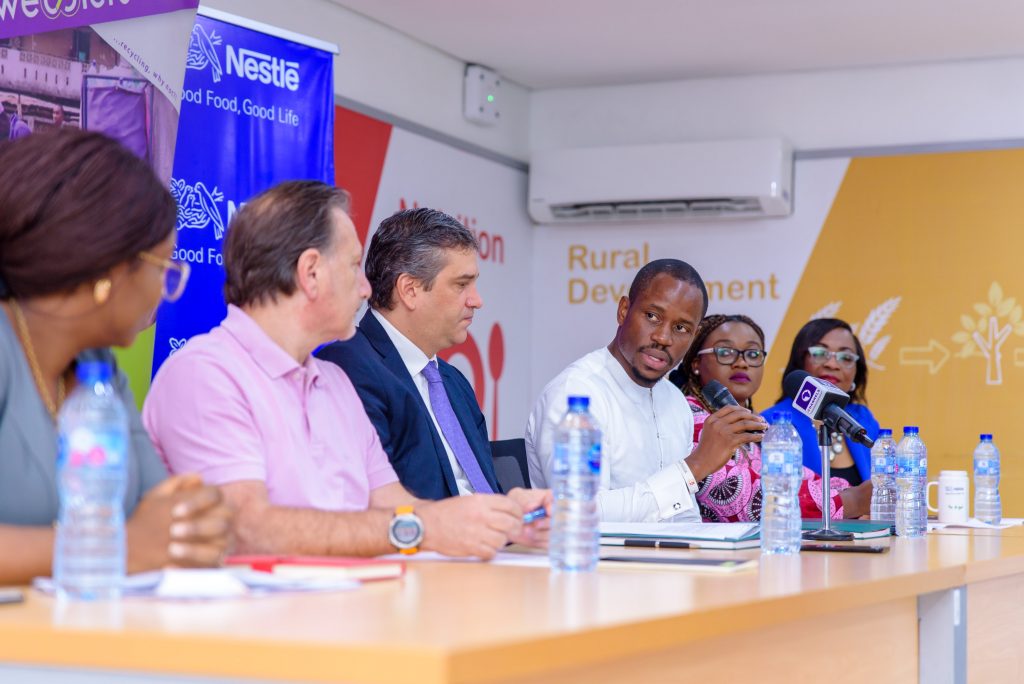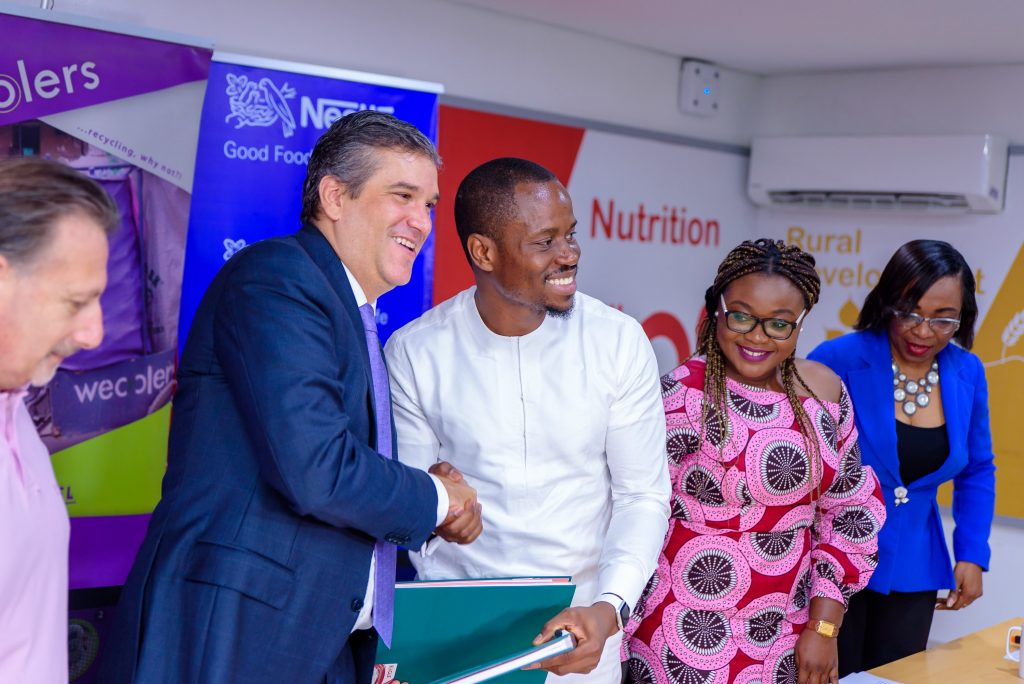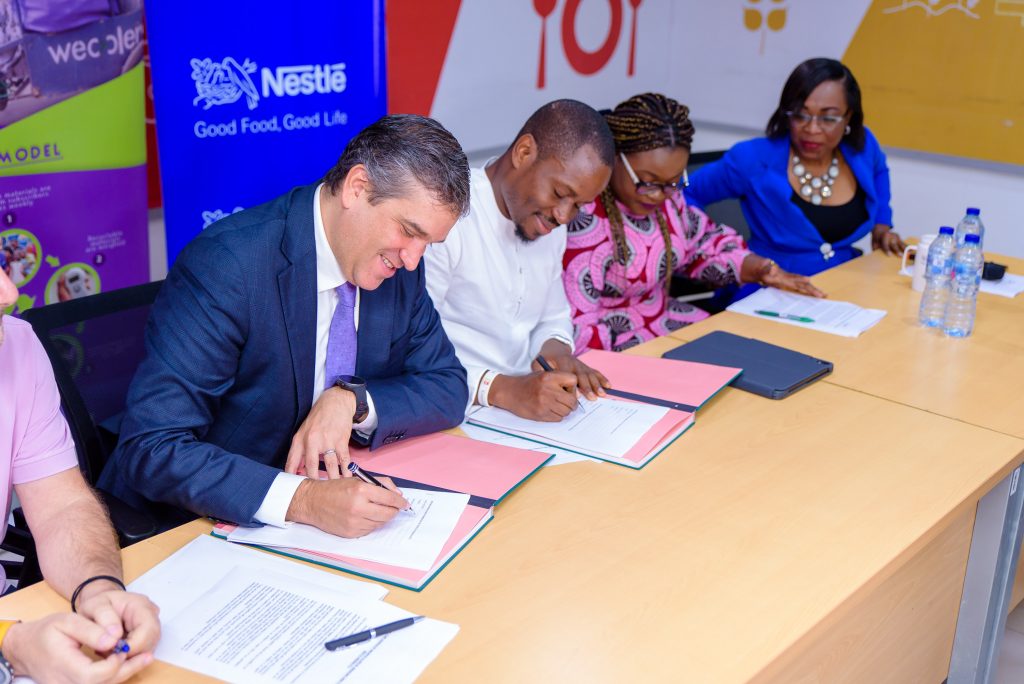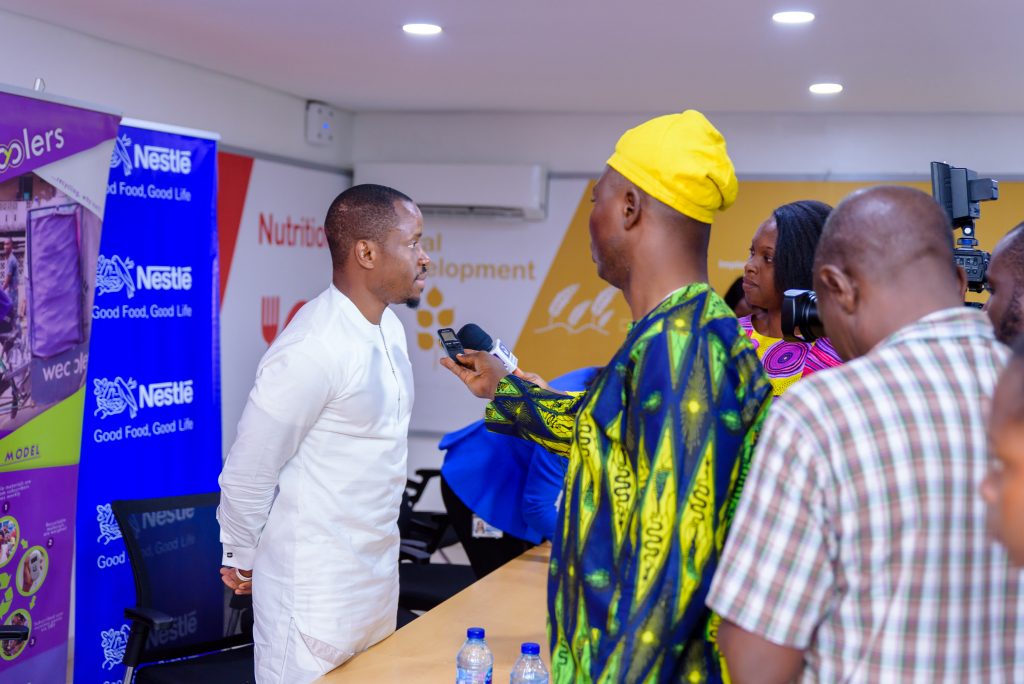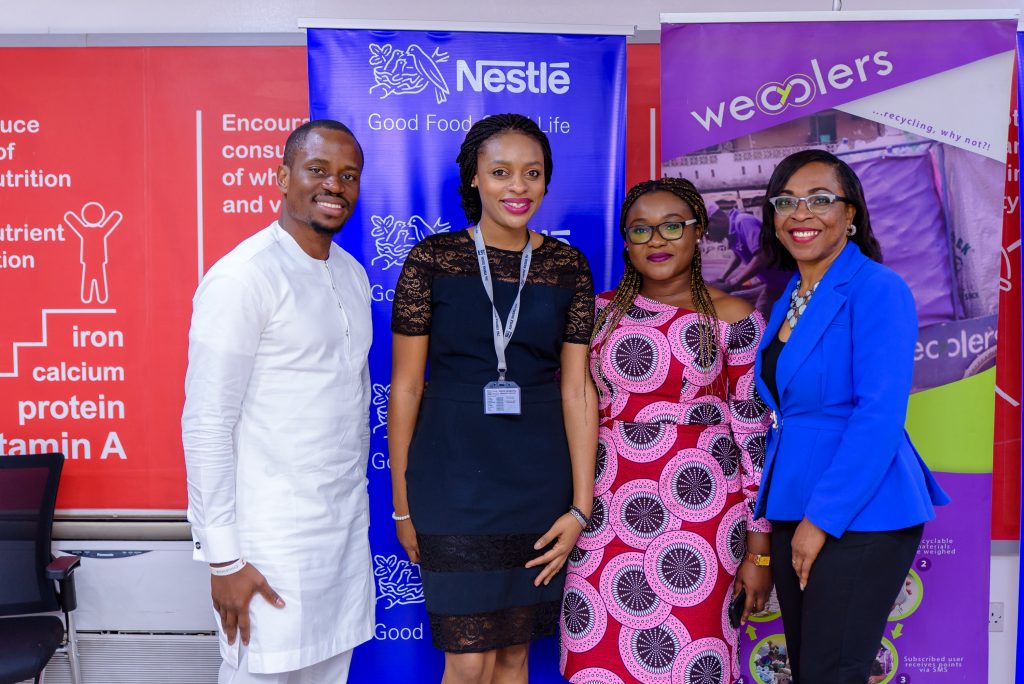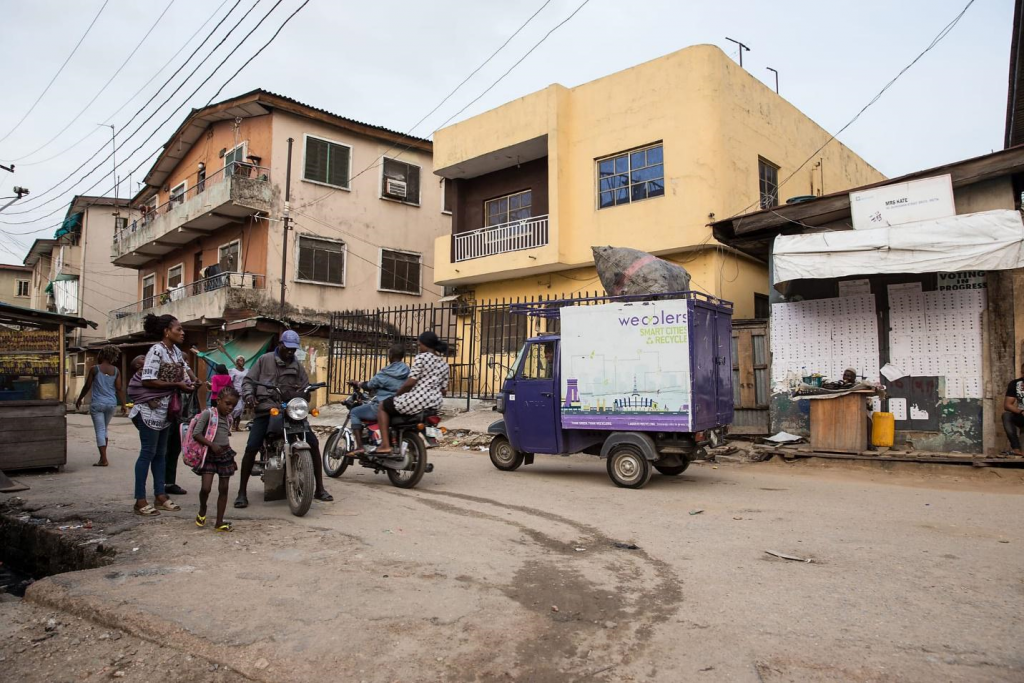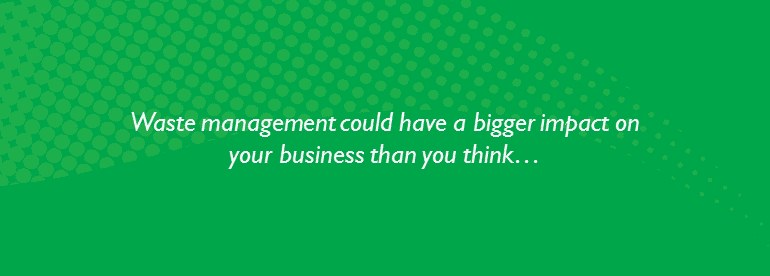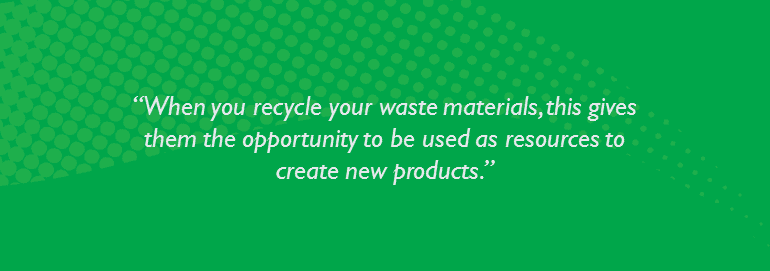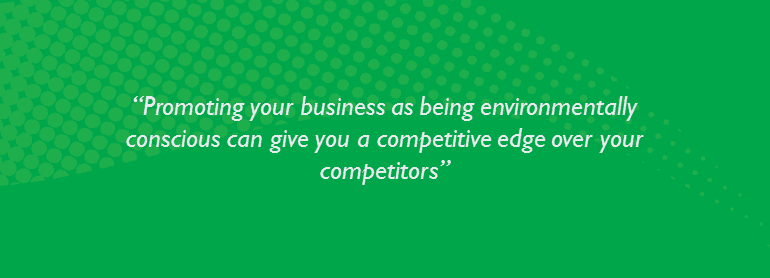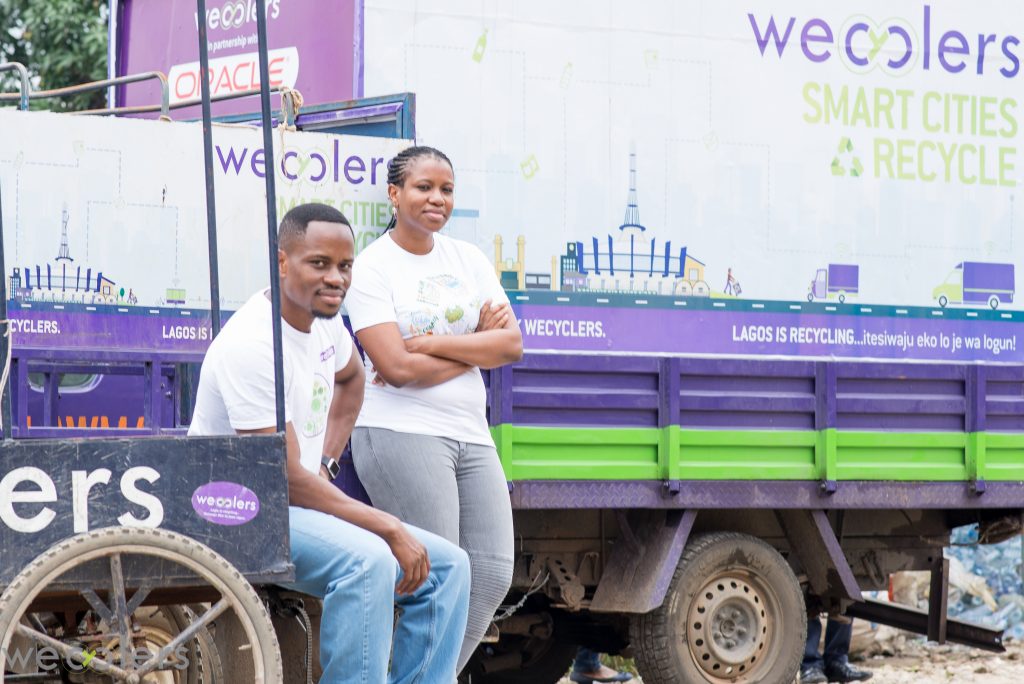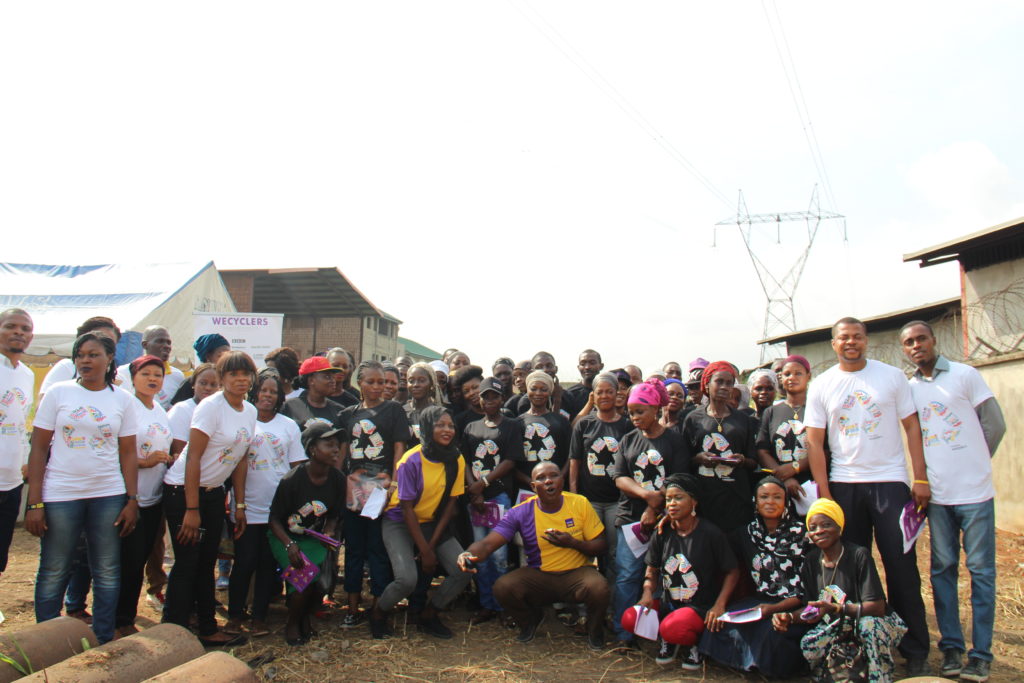In my earlier article, I talked about why a working Extended Producer Responsibility (EPR) framework would help to provide a way out of poverty for the many people living at the base of the pyramid. In this article, I will provide practical steps for successfully implementing EPR and will demonstrate why it is critical for States to play a role in implementing EPR.
In a country like Nigeria with a federal system of government, policy creation comes from the Federal Government. Apart from being closer to the people, a lot of responsibility has been thrust on States by the constitution. The first alteration of the Constitution act, 2010 as amended in section 20 states that the State shall protect and improve the environment and safeguard the water, air and land, forest, and wildlife of Nigeria. In addition, the fourth schedule of the constitution gives powers for refuse disposal to Local Governments, however, due to a lack of ability to fund such an endeavor, this has evolved to become the responsibility of States. It is therefore imperative that for any meaningful policy change to occur, it needs to be carried out and implemented at the State level.
How Extended Producer Responsibility (EPR) Works
Producers
Companies or producers make products that they put in packaging, for instance, beverages are put in bottles and then sold on the market.
Consumers
The consumer consumes the beverages and is ideally supposed to dispose of this responsibly by discarding it in a recycling bin.
Producer Responsibility Organization (PRO)
Under Extended Producer Responsibility, Companies are required to become members of industry organizations called Producer Responsibility Organizations (PRO) that are saddled with the responsibility of buying back their waste packaging and enabling the operations for the management of the post-consumer waste.
Government Regulator
The Government regulator, in this case, National Environmental Standards and Regulations Enforcement Agency (NESREA), is responsible for registering companies and overseeing the process.
Source: National Environmental Standards and Regulations Enforcement Agency (NESREA)
Under EPR, for every unit of packaging producers sell, a portion of the selling price needs to be paid into a fund managed by the PRO that would ensure that the packaging is collected back and managed appropriately. To make this illustration easy, I will use plastic bottles, which are very prolific, and a current concern in the environment globally. In the old days, we used to consume our beverages from glass bottles and this was carried out under an exchange system. We only bought the contents of those bottles, so we were required to purchase and consume the beverages at the store and return the glass bottles or provide a bottle as an exchange for the one we purchase. Now, due to a growing population with busier schedules, it is much more convenient to buy beverages in plastic containers which has led to the situation we find ourselves in. In the developing world where there is inadequate infrastructure to support collection as well as low public awareness and understanding of proper waste management practices, a lot of packaging ends up becoming litter. This litter washes into drainages and ends up in the ocean.
Graphic showing how plastic ends up in oceans
Source: United States National Ocean Service
The Gap
Nigeria, through NESREA has taken an important step forward and has introduced EPR, however for this to work, targets need to be set, this would mean that companies are paying an amount commensurate with the quantum of the packaging of the products they sell.
Because waste management is the responsibility of sub-nationals, negative externalities caused by waste packaging are suddenly their problem and their failure. This is because the economic cost required to clean up their packaging from communities is not being adequately priced and is not being contributed by producers. When waste becomes litter, it falls through the cracks and becomes the problem of these sub-nationals who are cash strapped and unable to pay the cost for cleanup.
To bridge this gap, Producer Responsibility Organizations should be mandated to have a dedicated fund that could be tailored towards addressing the waste issues for each State. Funds generated should be applied toward overhead, awareness, incentives and investments in those States. According to Jennifer Uchendu of SustyVibes “domestication is important, there is no one size fits all solution for Nigeria” This makes sense, because the problems faced by Lagos are of a far greater magnitude than say Jigawa or even neighboring Ogun State.
This means that NESREA should not stop at introducing EPR, they should work with various States to put local targets in place, which would be monitored by the various States.
A workable solution for plastic bottles
According to the Food and Beverage Recycling Alliance (FBRA), in 2018, Nigeria pumped 150,000 tons of plastic bottles alone annually into the system, a whopping 50% of the consumption happens in Lagos (1).
If we assume that a beverage is sold for 100 naira and just 1 naira was set aside to ensure that the plastic bottle it comes in is collected, this would easily generate N2.6 billion to fund collection, however, this is not currently implemented as this cost has not been included in the sales of the product. If 28% (3) of funds generated go to fund collection via a deposit return scheme where people are paid for every kg of plastic bottles they recycle, this would generate N735 million, which could employ over 2,000 people in Lagos alone at the current minimum wage of N30, 000 per month.
I’ve utilized 1 Naira here as a way to start the conversation. The choice of the amount set aside for deposit return depends on the extra cost consumers are willing to pay to ensure that their bottles are collected. The amount could go as high as 5 Naira or even 10 Naira, which would mean more funds are available to fund the collection and provide jobs for the vulnerable population and ultimately scale up the recycling process in Nigeria.
We can have a 10-billion naira fund in Lagos
Lagos has arguably the most efficient waste management infrastructure in Nigeria, but is only able to collect about 30-40% of the waste generated; this means that a lot of waste is left in communities.
If an EPR scheme for plastic bottles alone can generate over 2 billion with a 1 Naira per bottle charge, other waste materials that constitute a nuisance can also be taxed/levied. For instance, single-use plastic bags, e-waste, Styrofoam, etc. I would like to sound a note of caution here:
- The Government should NOT treat the funds generated as revenue. The funds should be managed by independent entities organized and managed by the private sector. These entities would be answerable to the Government and the general public.
- Targets should be set over a 5 to 10 year period. The target should be small and grow over time to enable companies to input this in their plans. The N10 billion annually mentioned will not be generated overnight but can be achieved within 5 years.
There are other tools in the toolbox of sub nationals as follows:
- Create an enabling political structure to ensure that waste recycling is aligned with the goals of the administration. This could be carried out by having a cabinet-level person or a Fund with a Board of Trustees responsible for moving the State in the right direction. Remember, if this is done right, waste recycling efforts would dovetail nicely with poverty alleviation efforts and could synergize with programs that would lift vulnerable people from poverty.
- Invest in a robust monitoring and enforcement framework to collect tax for things like plastic bags and to enforce fines for littering. This could be financed with a small percentage of the funds generated.
- Require every household and every corporate organization to recycle.
- Provide recognition, awards, and tax incentives for organizations that conform.
- Gradually introduce recycling through phased programs by starting with certain local governments.
- Annual review of performance with the PROs and NESREA, this could be publicized through a website to ensure transparency and accountability of the process.
- Promote the EPR model, these producers should be allowed to join the producer responsibility organization of their choice, they should have oversight on what the funds are utilized for to ensure transparency and accountability.
The active and sustained participation of States in EPR implementation is key to success. If done correctly, this would align all players (States, citizens, producers) and ensure that sustainable waste management is a reality. Proper waste collection is just the first step; there are several other cogs in the wheel, which would be addressed during scaling and expansion.
Gratitude
My thanks go out to Jennifer Uchendu of SustyVibes and Agharese Onaghise of FBRA who provided invaluable insight and contributions. Thank you both!!
References:
(1) Bloomberg: https://www.bloomberg.com/news/articles/2019-11-13/nigeria-enlists-big-beverage-companies-to-fight-plastic-waste#:~:text=The%20amount%20of%20plastic%20bottles,FBRA)%2C%20a%20trade%20group.
(2) 35 bottles per kilogram, 35,000 bottles per ton.
(3) Wecyclers is incentivizing at between 10 to 15 naira per kg on average, which is 28 kobo per bottle.
